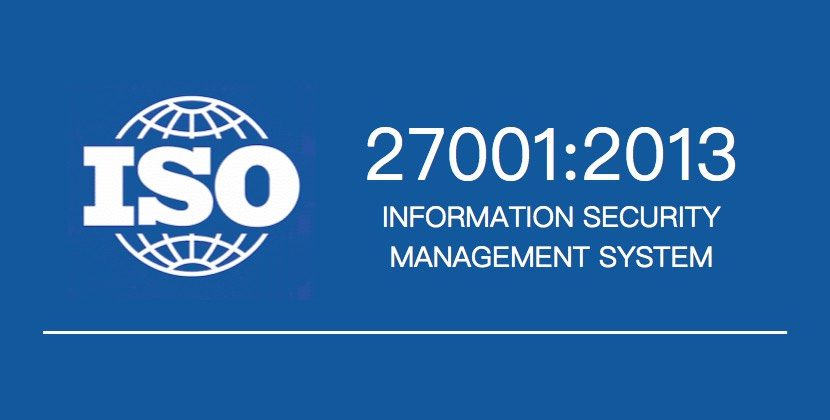TASConnect, a SaaS supply chain fintech platform incubated through SC Ventures, Standard Chartered’s innovation, fintech investment and ventures arm, is looking to address Vietnam’s underserved supply chain finance market, which is forecasted to reach US$35 billion by the end of 2024.
“Riding on the tailwind of government efforts to digitise processes and improve the sourcing of accurate data, TASConnect will work with Vietnamese financial institutions, MNCs and regional banks to enhance Vietnam’s supply chain finance market,” said Kingshuk Ghoshal, co-founder and CEO, TASConnect. “TASConnect’s solution, which digitalises transactions between corporations and their trading partners, helps companies to expand their scale and scope of supply chain financing without incurring high capital expenditure on IT or human resources.”
Vietnam’s gross domestic product faces a 70% financing gap, even as the economy is benefiting from recent shifts in the global supply chain. This has led more Vietnamese conglomerates and MNCs to demand innovative solutions to unlock trapped liquidity in accounts payable and receivable, so they can scale better into cross-border supply chains.
TASConnect’s bank-agnostic SaaS supply chain finance platform is ready-to-deploy and easy to configure to suit diverse client business models and industries. The fintech’s solution unlocks value for organisations by enhancing efficiencies in accounts payable and receivable transactions, enabling access to increased funding sources, automating complex workflows, thereby giving businesses greater control of their processes. TASConnect offers holistic, customisable and multi-funder solutions for accounts payable and accounts receivable transaction throughout the supply and distribution chain. The fintech also provides value-added services beyond digitalisation and working capital, including, Know Your Customer checks, payments and foreign exchange conversion services, capabilities that are provided by third party solutions providers. Since the company’s launch in February 2022, TASConnect has integrated with large enterprises and regional banks, handling over 250,000 transactions while achieving a gross transaction value of over US$13 billion up to date.
“TASConnect’s mission is to democratise working capital finance,” Ghoshal said. “Unlike conventional bank offerings that are anchored on secured lending and legacy commercial credit processes, that lack seamless digital onboarding and servicing models, TASConnect offers an easy-to-deploy solution that can be customized for a wide variety of businesses.”
Large MNCs can leverage TASConnect to connect their value chain ‘last-miles’ to wider pools of funding sources to scale their supply chain networks sustainably. TASConnect’s platform provides increased visibility of commercial trade data, which allows traditional financiers to make better credit decisions when offering supply chain financing solutions.
About TASConnect
Headquartered in Singapore, Trade and Supply Chain Connect (TASConnect) is a wholly owned subsidiary of Standard Chartered Bank and incubated through SC Ventures – the Bank’s innovation, fintech investment and ventures arm.
We are a leading technology solution provider for trade and supply chain finance automation, which gives organisations and their value-chain partners better access to liquidity, along with end-to-end digitalization, visibility, and control of their trade ecosystem. At TASConnect, we are firm believers in the principles of co-creation and collaboration with our clients.
For more information, please visit www.tasconnect.com. Follow TASConnect on LinkedIn.
About Standard Chartered
Standard Chartered is a leading international banking group, with a presence in 59 of the world’s most dynamic markets and serving clients in a further 64. Our purpose is to drive commerce and prosperity through our unique diversity, and our heritage and values are expressed in our brand promise, here for good.
Standard Chartered PLC is listed on the London and Hong Kong Stock Exchanges.
For more stories and expert opinions please visit Insights at sc.com. Follow Standard Chartered on Twitter, LinkedIn and Facebook.


